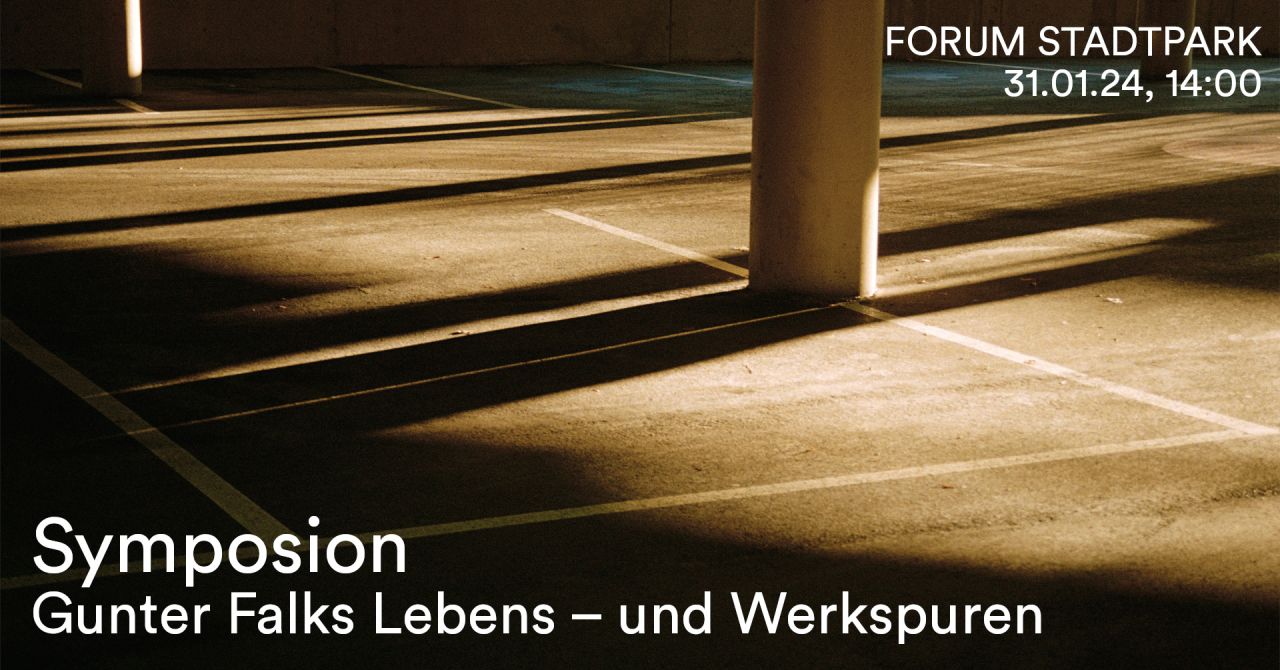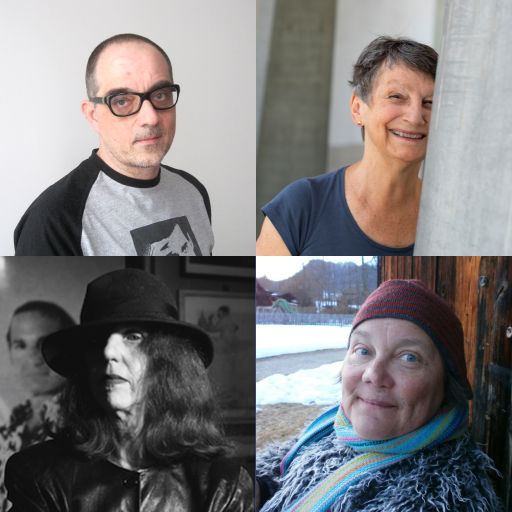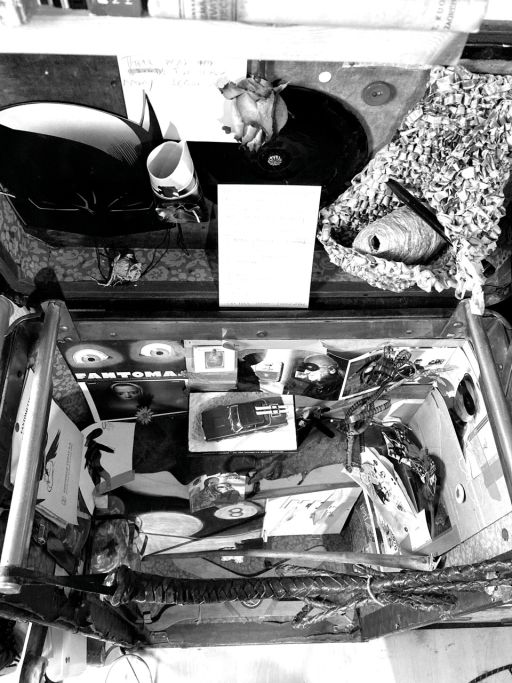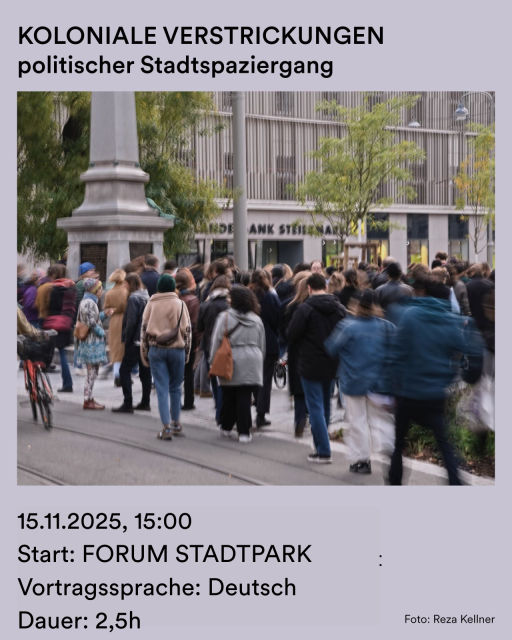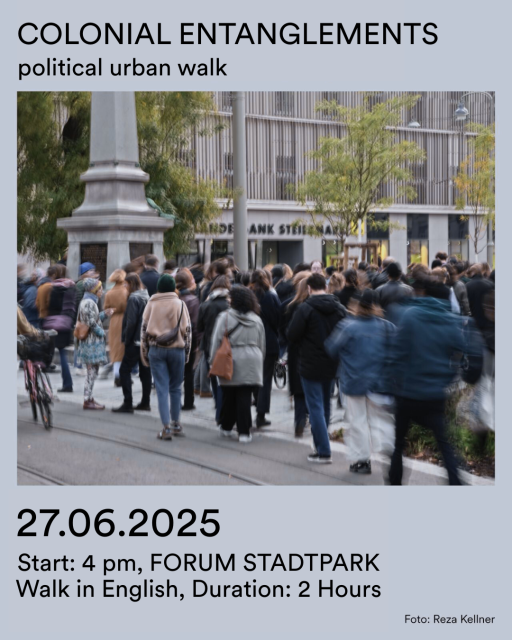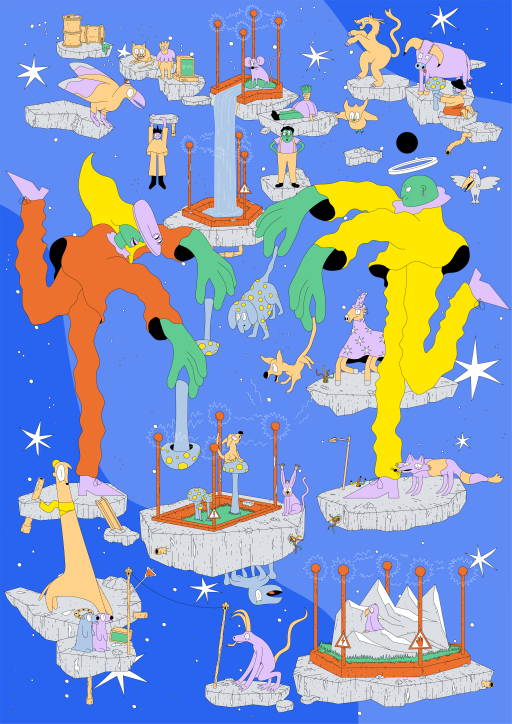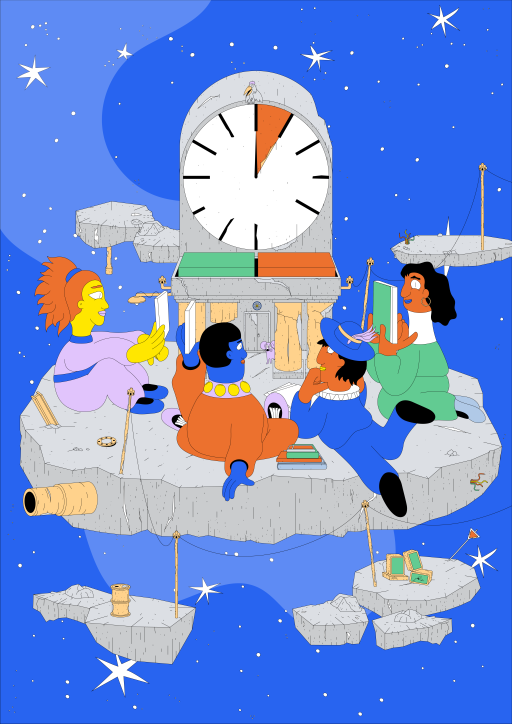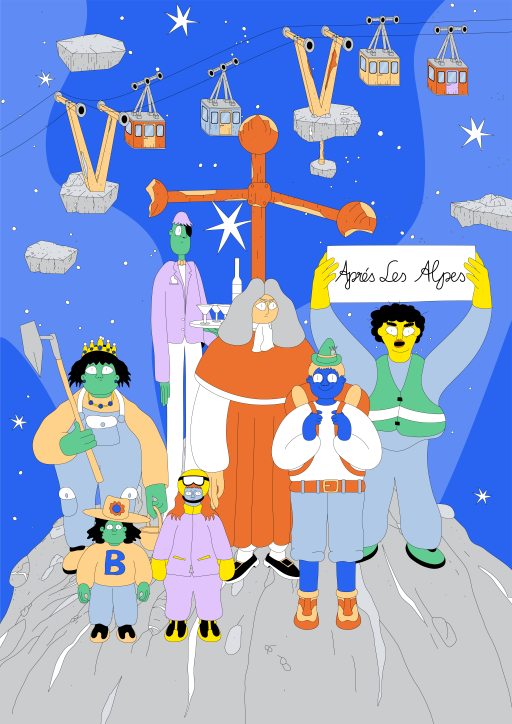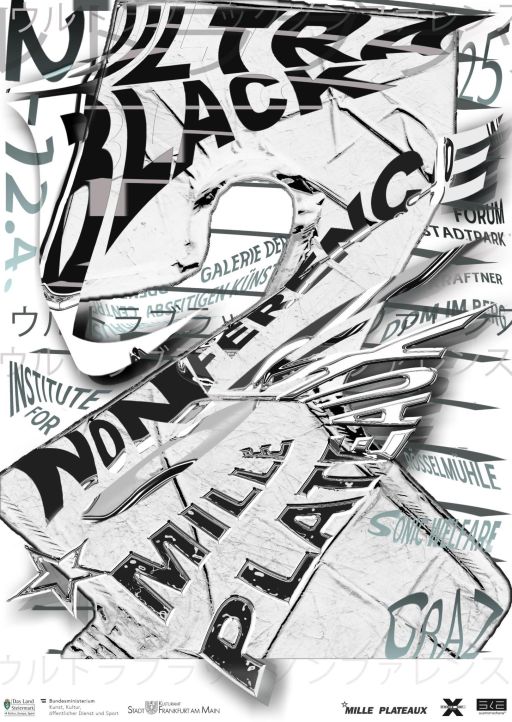Traces of Gunter Falk's life and work
Guest productionDetailed program
_
-
13:30 Come together
-
14:00 Welcoming words by the organizers
-
14:10 Harald Miesbacher: Gunter Falk and the manuscripts
-
14:45 Silvana Cimenti: Reading Gunter Falk without Gunter Falk. Poststructuralist, bibliographical verifications in connection with a biography of erasure
-
15:20 Daniela Bartens: unhappy art and attitude: On the dialectic of happiness in Gunter Falk
_
PAUSE -
16:30 Sabine A. Haring-Mosbacher: Gunter Falk as a sociologist. An approach
-
17:05 Raffael Hiden: "The role juggler" or testimonies of playful suffering in society
_
BREAK/DINNER -
18:45 Film presentation "Die Grazer Gruppe" (2020) [63 minutes] followed by a panel discussion with the director Markus Mörth and Wilhelm Hengstler; literary commentary by Julia Knaß
_
Collective Reflection & Conversation
In addition to the 'technical' level, however, the performative dimension, i.e. the intellectual appearance and framework, is of great relevance for sorting out Falk's life and work. It should go without saying that Falk knew how to effectively stage the role of the "intellectual star" (Heinz Steinert) attributed to him.
To what extent are sociological profession and literary practice intertwined in Falk's work? What instruments, strategies and modes of articulation did Falk use to make an intellectual appearance? In which discursive-media publics is Falk's intellectual appearance embedded? How can connecting lines between university and non-university activities be characterized?
__
Against the backdrop of a synopsis of sociological and literary aspects, Falk's work context will be elaborated in a differentiated manner and discussed on a case-by-case basis. It is precisely this location on the threshold between two cultures of knowledge that offers the necessary prerequisites for profiling Falk as an intellectual who is characterized by his ability to bring together different ideas and traditions of knowledge in new ways.
__
The framework of the symposium profiles a special tension between literary and sociological intelligence, in which Falk's performance as the "last deviant figure" (Paul Pechmann) is vividly demonstrated. Falk's life and work cannot be separated at any point; the risks and potentials associated with this accentuation are to be problematized in the context of the symposium.
The Archive for the History of Sociology in Austria (AGSÖ) is entering into a dialog with the literary journal manuskripte and the Franz Nabl Institute for Literary Research in order to initiate a discourse on Falk's life and work that is as polyphonic and wide-ranging as possible. This is to be understood entirely in the sense of a search for traces, which at the same time maintains the connection to current trends in literary sociology (keyword 'autosociobiography') and ideally stimulates further discussions.
With contributions from Daniela Bartens, Silvana Cimenti, Sabine Haring-Mosbacher, Raffael Hiden, Harald Miesbacher, Markus Mörth and Willi Hengstler as well as Julia Knass.
